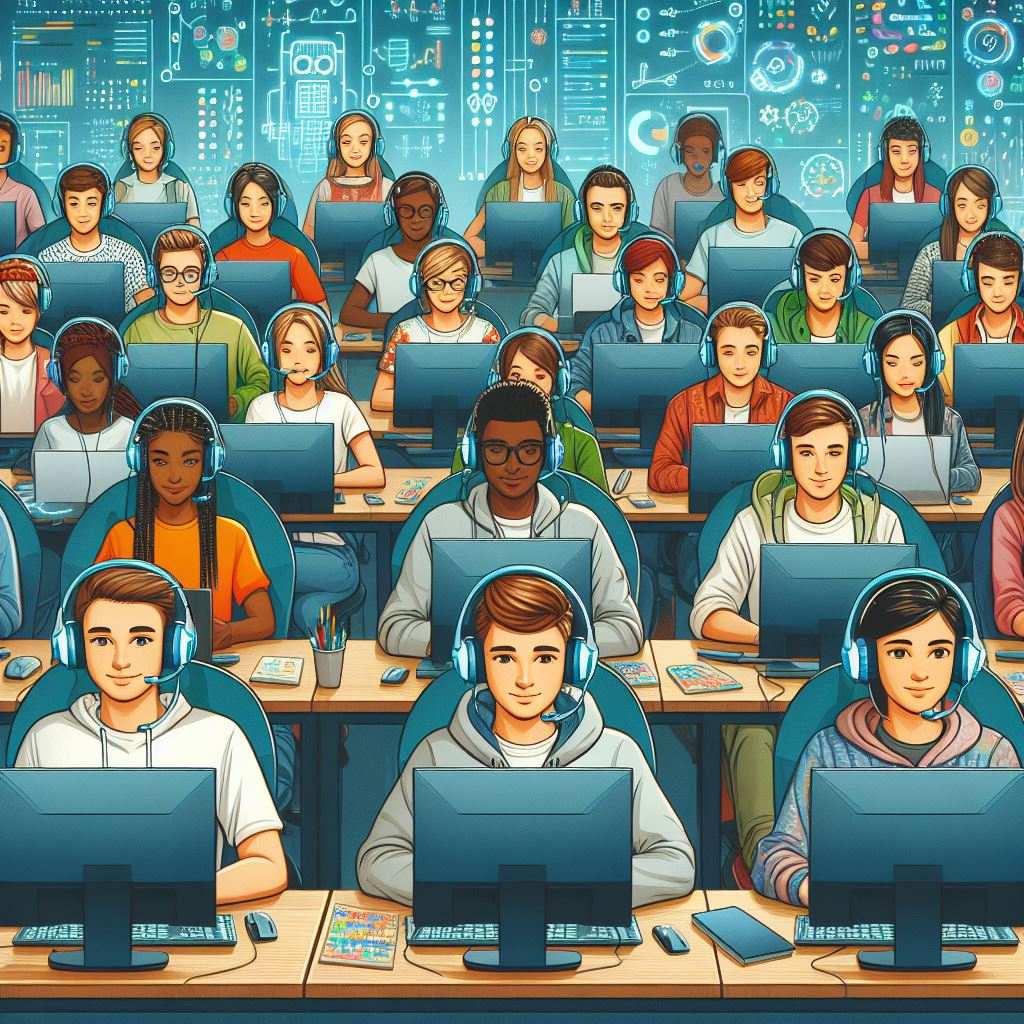
In the shadowy corners of the artificial intelligence (AI) industry, a disturbing reality unfolds as underage workers, including children, contribute to the global AI supply chain. Recent investigations reveal a disconcerting practice where minors in countries like Pakistan and Kenya enter the AI workforce through platforms like Toloka and Appen. The lure of quick earnings, often surpassing local minimum wages, prompts these youngsters to engage in data-labeling tasks, essential for training AI algorithms.
Exploiting Vulnerable Labor
The AI industry's rush for data labeling and collection, estimated to reach over $17.1 billion by 2030, relies on a vast, invisible workforce predominantly located in East Africa, Venezuela, Pakistan, India, and the Philippines. Gig workers, paid per task, connect with tech giants like Amazon, Microsoft, and Google through platforms like Toloka, Clickworker, and Appen. The exploitation extends beyond borders, with even workers in refugee camps contributing to the supply chain.
Underage Entrants and Evasion Techniques
Despite platform requirements for workers to be over 18, underage entry is shockingly common. Hassan, a Pakistani teenager, entered the workforce using a relative's details and payment method to bypass age checks. His story echoes those of other minors in Pakistan and Kenya, revealing a systemic issue. The lack of stringent age verification measures allows minors to access tasks that involve sensitive content moderation, such as identifying explicit language or distinguishing adult content.
Digital Servitude and Lack of Oversight
The nature of AI work often feels like "digital servitude," as young workers spend hours on monotonous and mentally taxing tasks. The lack of oversight from platforms like Clickworker and Toloka allows for the abuse of the system, with some users employing workers in shared offices and taking a significant portion of their earnings. The detachment between the AI industry's tech giants and the invisible workforce creates a scenario where labor practices go unnoticed and unregulated.
The Global Impact of Digital Slavery
The ramifications of this exploitative system extend beyond economic disparities. As workers, often underage, contribute to the training of AI models, questions arise about the ethical implications of this digital colonialism. The benefits flow from the global south to the global north, creating uncomfortable parallels reminiscent of a modern form of exploitation.
Urgent Need for Regulation and Ethical Practices
The revelations of underage workers and the dark side of AI's global workforce call for urgent regulatory measures and ethical considerations. The AI industry's growth must align with principles of fair labor practices, protecting the vulnerable workforce from digital exploitation. As the world witnesses the rise of AI, the focus should not only be on technological advancements but also on ensuring the ethical treatment of those powering this industry from the shadows.